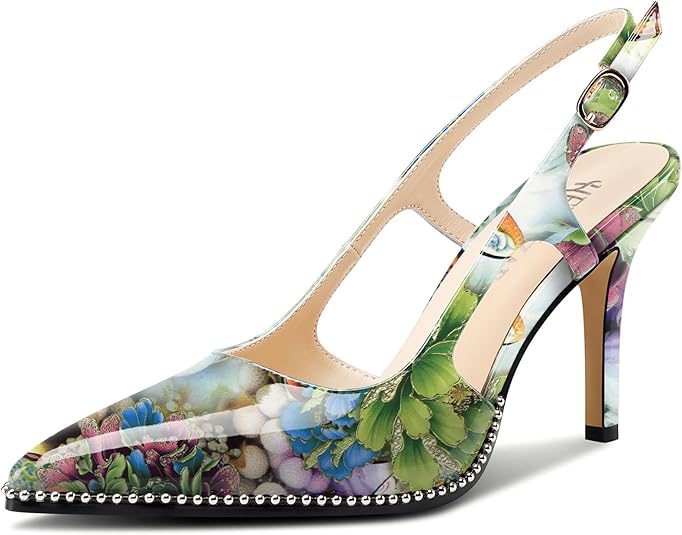Rejection and Social Anxiety: How to Quiet Your Inner Critic to Feel Good and Happy in Social Settings
Whether it's meeting new people, speaking in front of a crowd or even attending a casual gathering, social anxiety have a way of triggering insecurities, Dr Marina Nani explores criticism, rejection and social anxiety and how to quiet your Inner Critic to feel good and happy in social settings /

You walk into a room full of people, your heart races, and before you’ve even exchanged a word, your mind starts to spiral. “What if I say something awkward? Do they think I look strange? Am I even welcome here?” These are the whispers of the inner critic, a relentless voice that seems to amplify in social settings. For many of us, these thoughts feel almost instinctive, arising at the slightest hint of judgment or unfamiliarity.
Whether it’s meeting new people, speaking in front of a crowd or even attending a casual gathering, social situations have a way of triggering this inner dialogue.

The critic latches onto insecurities, making us hyper-aware of every word, gesture, and glance. In these moments, it’s as if we’re under a microscope, dissecting ourselves, from head to toe, the dress and shoes you wear and way you walk, before anyone else even has the chance to.
What’s worse is that the more you listen to this critic, the more withdrawn and self-conscious you become, perpetuating a cycle of anxiety and isolation. If you’ve ever experienced this, know that you’re not alone—many people struggle with social anxiety that stems from these exact moments. But the good news is, there are ways to quiet this critic, take control of these situations and step into social spaces with confidence.
Criticism and rejection have profound impacts on our mental well-being. They stir feelings of inadequacy and amplify the negative inner voice we all possess, commonly referred to as the “inner critic.” This voice reinforces doubt, guilt, and fear, and is often responsible for social anxiety.
Understanding this internal dynamic is crucial to reducing its grip on our daily lives. Psychologist Shirzad Chamine explains the inner critic as a “judge” that not only criticises ourselves but also others and the world around us. Chamine’s Positive Intelligence framework highlights that one of the most effective ways to disempower this voice is to simply observe it. Notice when the critic arises and shift your attention to the present moment.
This shift helps redirect the brain from a reactive state, focused on survival and stress, to a more empathic and present-centered mindset, fostering better emotional regulation.
From a therapeutic perspective, the Internal Family Systems (IFS) model suggests that the inner critic often emerges from a desire to protect you from harm. By engaging with this critical part with curiosity and compassion, rather than hostility, we can start to understand its underlying motivations. While its intent may be self-protection, its harshness often does more harm than good. This compassionate engagement can help quiet the inner voice, reducing anxiety and increasing self-acceptance.
When it comes to social anxiety, the fear of criticism and rejection becomes amplified. Social situations trigger the inner critic, which in turn makes us avoid interactions. Ellen Hendriksen, a clinical psychologist, explains that managing social anxiety involves confronting these fears head-on, challenging irrational thoughts, and gradually exposing oneself to uncomfortable situations. Over time, this reduces the power of the inner critic, leading to increased self-confidence and emotional freedom.
Scientific research backs several methods to quiet the inner critic and reduce social anxiety. Cognitive-behavioral therapy (CBT) has proven effective in restructuring negative thought patterns. It involves identifying irrational beliefs and replacing them with more realistic and supportive thoughts. Another approach involves mindfulness, which encourages observing negative thoughts without judgment.
Studies show that mindfulness and meditation practices significantly reduce symptoms of anxiety by allowing individuals to stay grounded in the present, rather than getting swept up in critical self-talk.
Physical activity is another crucial element in managing criticism and social anxiety. Exercise triggers the release of endorphins, which naturally enhance mood and reduce stress. Regular physical activity serves as a powerful buffer against the effects of negative thoughts, boosting overall happiness and well-being.
Self-compassion is perhaps one of the most transformative strategies in quieting the inner critic. Research by Kristin Neff and others suggests that treating ourselves with the same kindness and empathy we would extend to a friend can dramatically reduce the power of negative self-talk. A gentler internal dialogue adds a deeper sense of happiness and contentment when facing criticism and rejection.
Ultimately, criticism and rejection are unavoidable, but they don’t have to dictate your flow and mental state. By acknowledging the inner critic’s presence, practicing mindfulness and cultivating self-compassion, you can break free from the cycle of negativity. Quieting this voice allows you to face social situations with confidence and experience more joy in your everyday lives.
Do you want to share your story and inspire our readers ? Know that YOUR EXPERTISE is paving the way for a fairer, happier society.






